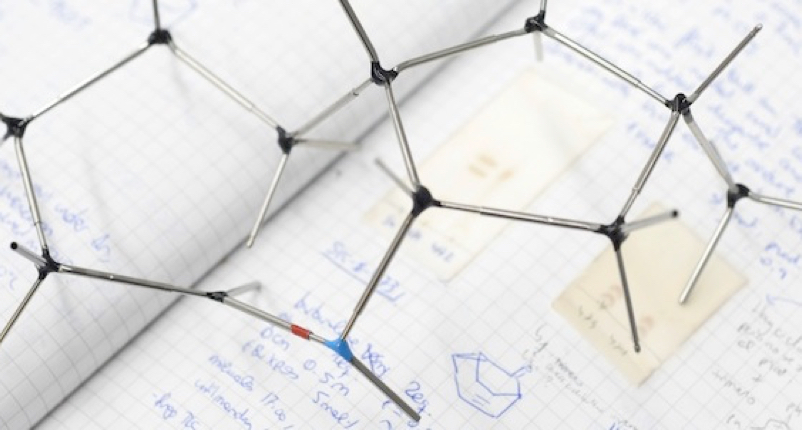Reaction-Induced Metal-Metal Oxide Interactions in Pd‑In2O3/ZrO2 Catalysts Drive Selective and Stable CO2 Hydrogenation to Methanol
Ternary Pd-In2O3/ZrO2 catalysts exhibit technological potential for CO2-based methanol synthesis, but developing scalable systems and comprehending complex dynamic behaviors of the active phase, promoter, and carrier are key for achieving high productivity. Here, we show that the structure of Pd‑In2O3/ZrO2 systems prepared by wet impregnation evolves under CO2 hydrogenation conditions into a selective and stable architecture, independent of the order of addition of Pd and In phases. Detailed operando characterization and simulations reveal a rapid restructuring driven by the metal-metal oxide interaction energetics. The proximity of InPdx alloy particles decorated by InOx layers in the resulting architecture prevents performance losses associated with Pd sintering. The findings highlight the crucial role of reaction-induced restructuring in complex CO2 hydrogenation catalysts and offer insights into the optimal integration of acid-base and redox functions for practical implementation.

Pinheiro Araujo, T.; Morales-Vidal, J.; Giannakakis, G.; Mondelli, C.; Eliasson, H.; Erni, R.; Stewart, J.; Mitchell, S.; Lopez, N.; Pérez-Ramírez, J.
Angew. Chem., Int. Ed. 2023,
DOI:
10.1002/anie.202306563

Let's create a brighter future
Join our team to work with renowned researchers, tackle groundbreaking
projects and contribute to meaningful scientific advancements



















